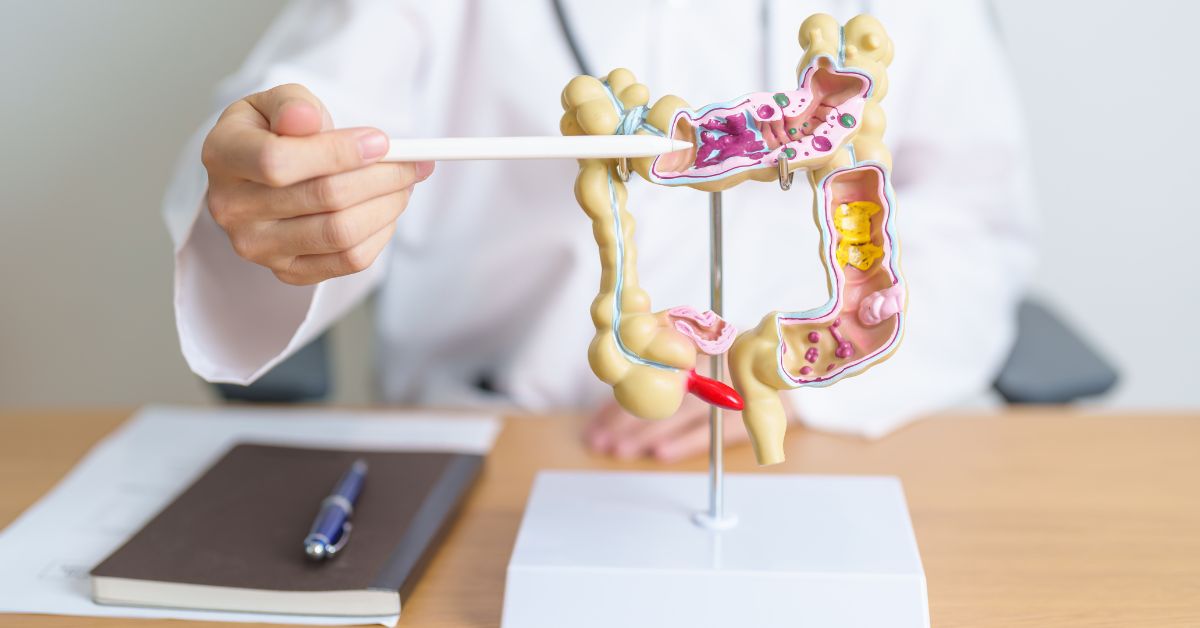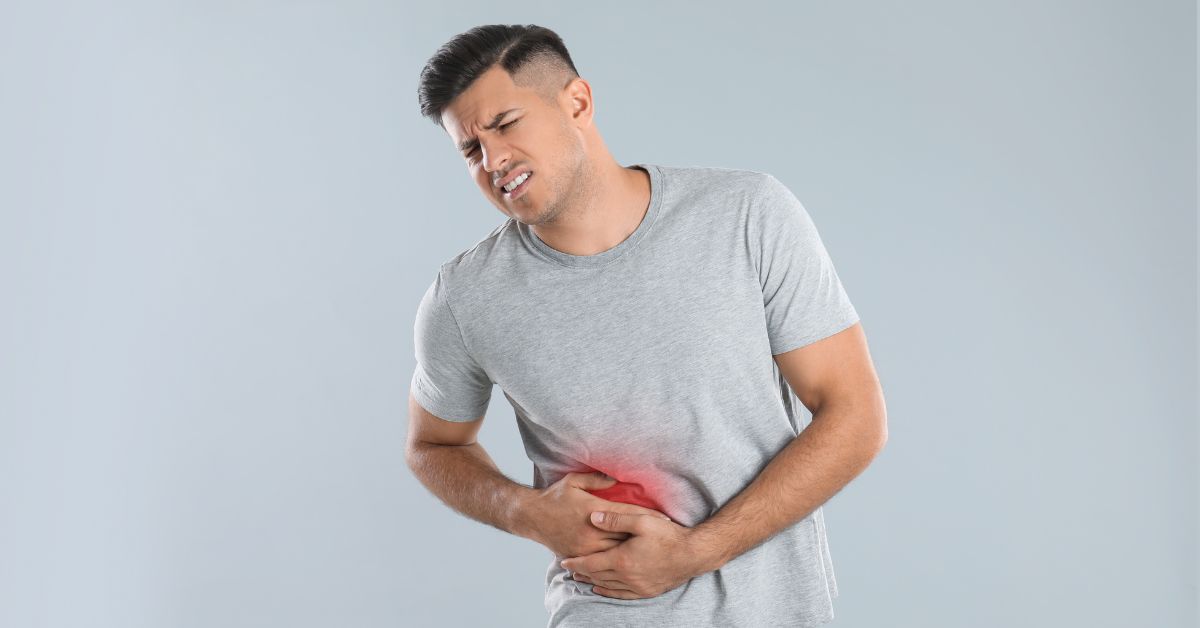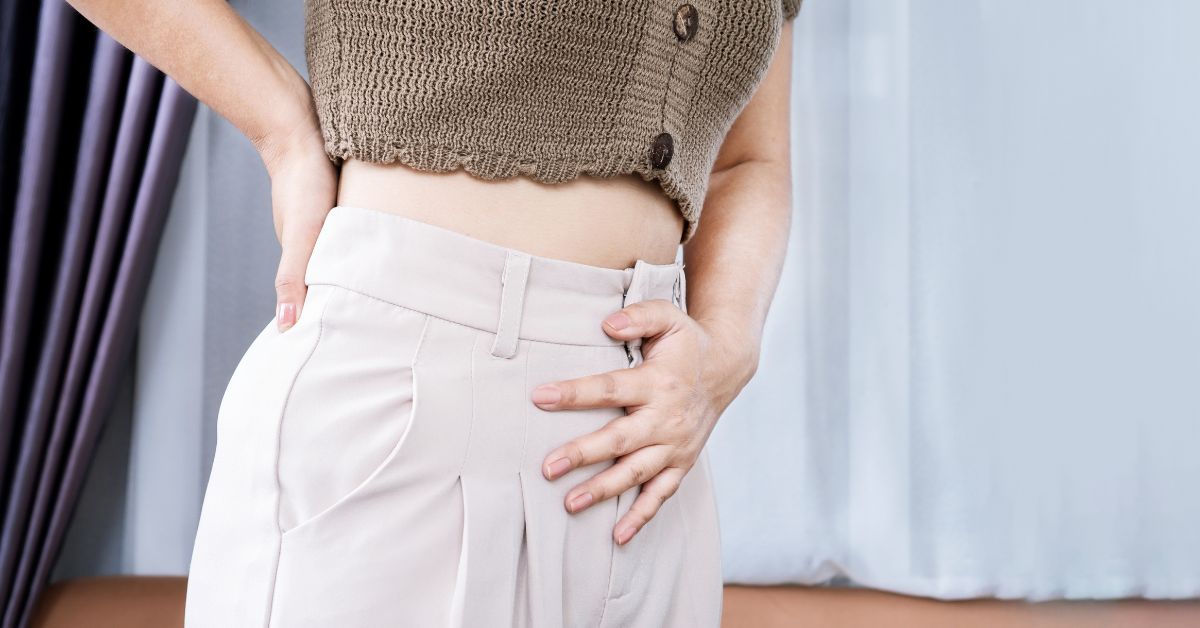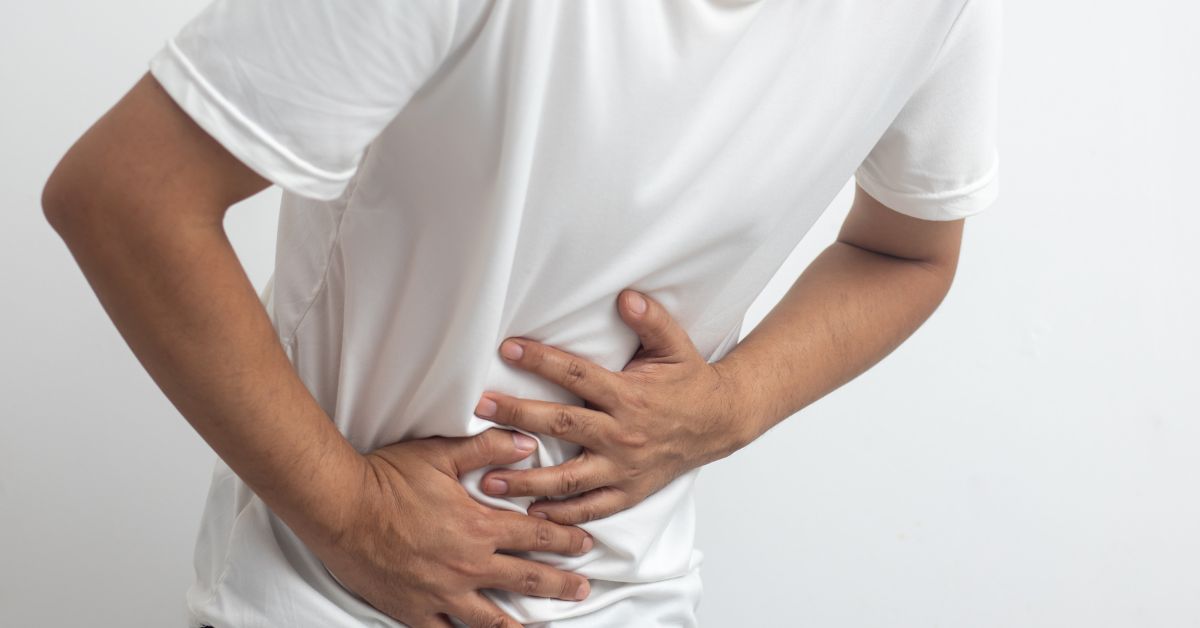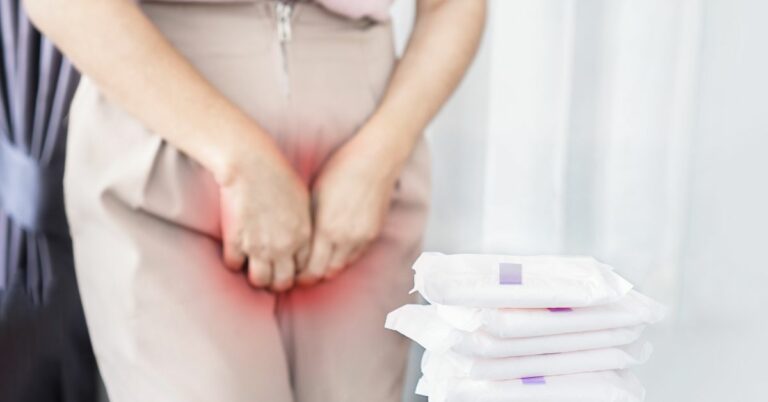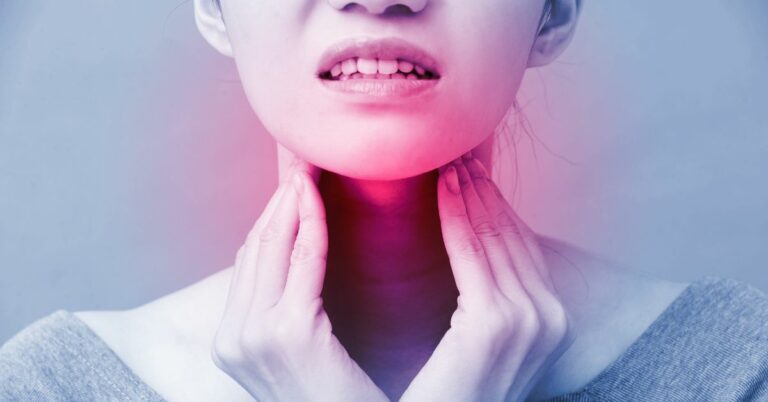Do you know that overeating not only causes discomfort after meals but also has significant negative impacts on health? This article will delve into the details of the dangers of overeating on our health. The content is consulted by Associate Professor, Doctor Nguyen Anh Tuan, an expert in Digestion and Obesity.
1. While everyone understands that overeating is not good for health, why do we still frequently encounter this situation?
In life, there are many reasons why people cannot control their behavior and end up overeating, such as:
- Buffet parties: Buffets offer a wide variety of food, combined with the mindset that one should eat enough to justify the money spent, leading to overeating beyond the body’s control.

Many individuals tend to overeat when indulging in buffet meals
- Social gatherings: Social gatherings with friends or family create an enthusiastic atmosphere that often leads to overeating.
- Busy work schedules: Those with hectic work schedules tend to eat quickly. Scientifically, it takes about 20 minutes from the start of eating for the brain to receive the signal of fullness. Consequently, those who finish a meal in less than 10 minutes are prone to overeating before the brain registers the signal.
- Excessive work pressure in the morning may cause people to eat casually, and by the evening, they may indulge more, resulting in consuming more energy than during breakfast and lunch, leading to overeating in the evening.
2. What are the health hazards of overeating?
The stomach is the first organ to bear the consequences when people overeat. Each day, the stomach has to produce about 2-2.5 liters of fluid to digest the ingested food. Overeating causes the stomach to become distended, slows down intestinal motility, and reduces the secretion of digestive fluids, resulting in undigested food. Some dangers of overeating include:
Discomfort and bloating in the stomach – dangers of overeating
Overeating forces the digestive organs to work excessively, affecting the digestion process. Some individuals may experience diarrhea due to overstimulation of the intestines.

Overeating can lead to discomfort in the stomach and bloating – Dangers of overeating
Feeling hot
Overeating accelerates the body’s metabolism, leading to a faster heart rate, increased sweating, and a feeling of increased body temperature. After the metabolism process returns to normal, the body temperature stabilizes, but taking a cool shower can help alleviate discomfort.
Sleep disturbances
Avoiding overeating in the evening is essential to prevent restlessness and insomnia.
Dizziness – dangers of overeating
Overeating can cause dizziness due to the increased speed of digestion, metabolism, and heart rate.
Increased stress and difficulty concentrating
Overeating triggers the release of insulin, which stores excess sugar to prevent a drop in blood sugar levels. Releasing too much insulin can lead to decreased blood sugar levels, causing feelings of tension, lethargy, and difficulty concentrating.
Abdominal bloating – dangers of overeating
The most noticeable change after overeating is an increase in the size of the abdomen. However, it is essential not to be overly concerned, as the stomach returns to its normal size after the food is digested.
3. How to limit overeating?
- Overeating can have immediate and long-term harmful effects on the human body. To minimize overeating, individuals should adopt the following practices:
- Eat slowly and chew thoroughly: Chewing food slowly allows the brain sufficient time to signal fullness, helping to avoid overeating.
- Focus during meals: Avoid distractions such as watching TV or playing games while eating. Concentrate on the act of eating during meals.
- Enjoy the delicious aroma of the first few bites: The most enjoyable moments are often when eating the first few bites. Concentrate on savoring the delightful aroma of the food during these initial bites to prevent overeating.

Creating a delightful sensation when consuming the first bite
- Use smaller plates: Using smaller plates may help control the amount of food consumed. However, it is crucial to adjust the portion size to allow the brain to pay more attention to the food and estimate an appropriate amount.
- Eat filling foods: Research suggests that individuals should not consume excessive calories but focus on foods rich in fiber, water, and protein to feel full quickly and satisfy hunger with fewer calories.
In summary, everyone should eat slowly, chew thoroughly, and avoid overloading the body with excessive food to prevent undesirable consequences. This article emphasizes the harmful dangers of overeating and provides valuable information for readers to better understand the impact of diet on health and weight. We hope this information proves helpful to you.
Kiểm Duyệt Nội Dung
More than 10 years of marketing communications experience in the medical and health field.
Successfully deployed marketing communication activities, content development and social networking channels for hospital partners, clinics, doctors and medical professionals across the country.
More than 6 years of experience in organizing and producing leading prestigious medical programs in Vietnam, in collaboration with Ho Chi Minh City Television (HTV). Typical programs include Nhật Ký Blouse Trắng, Bác Sĩ Nói Gì, Alo Bác Sĩ Nghe, Nhật Ký Hạnh Phúc, Vui Khỏe Cùng Con, Bác Sỹ Mẹ, v.v.
Comprehensive cooperation with hundreds of hospitals and clinics, thousands of doctors and medical experts to join hands in building a medical content and service platform on the Doctor Network application.















